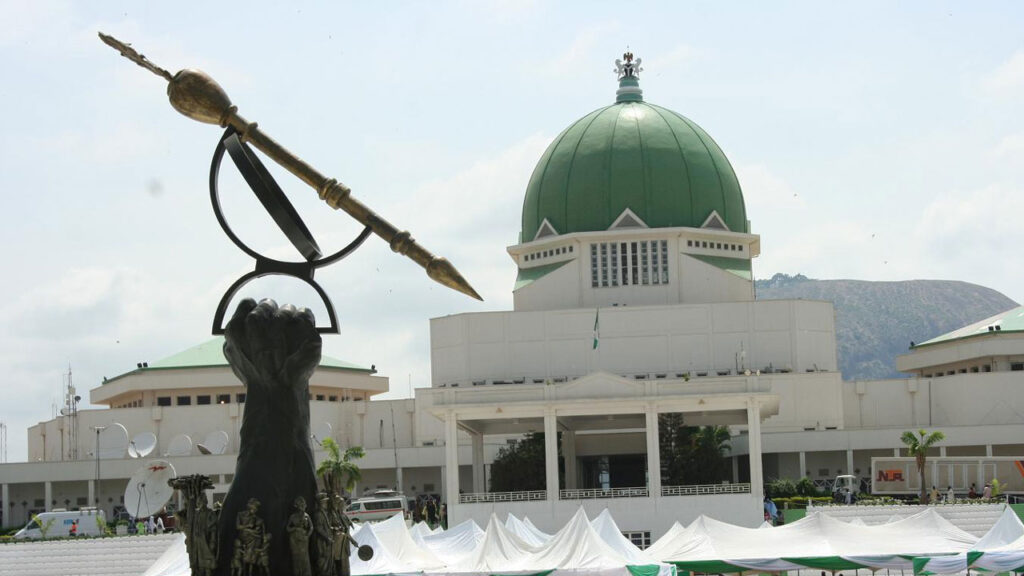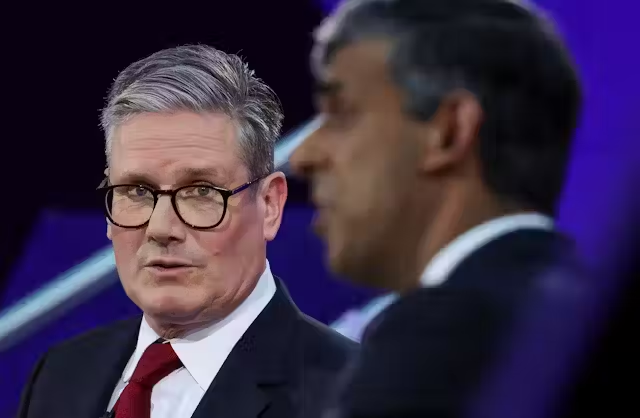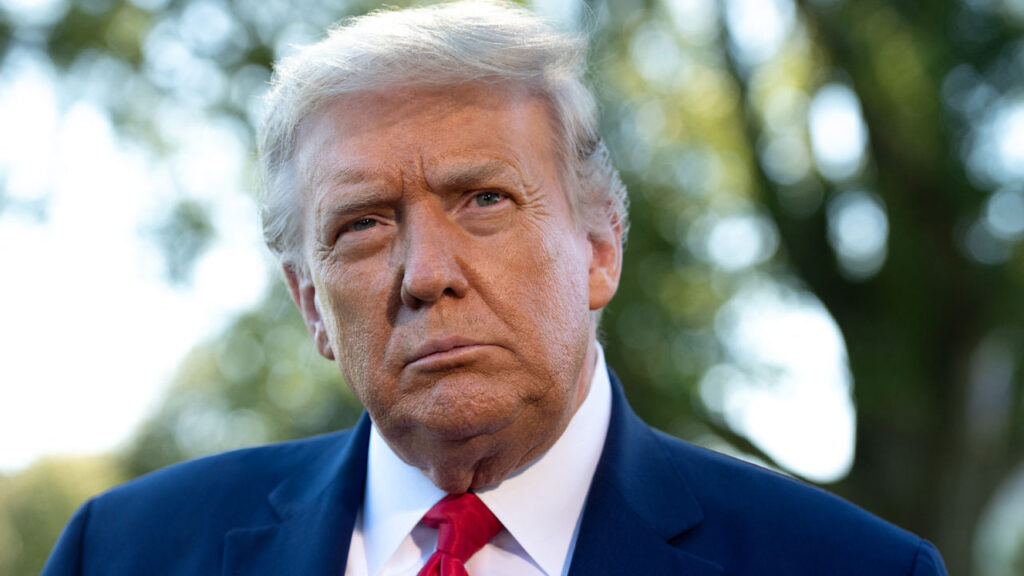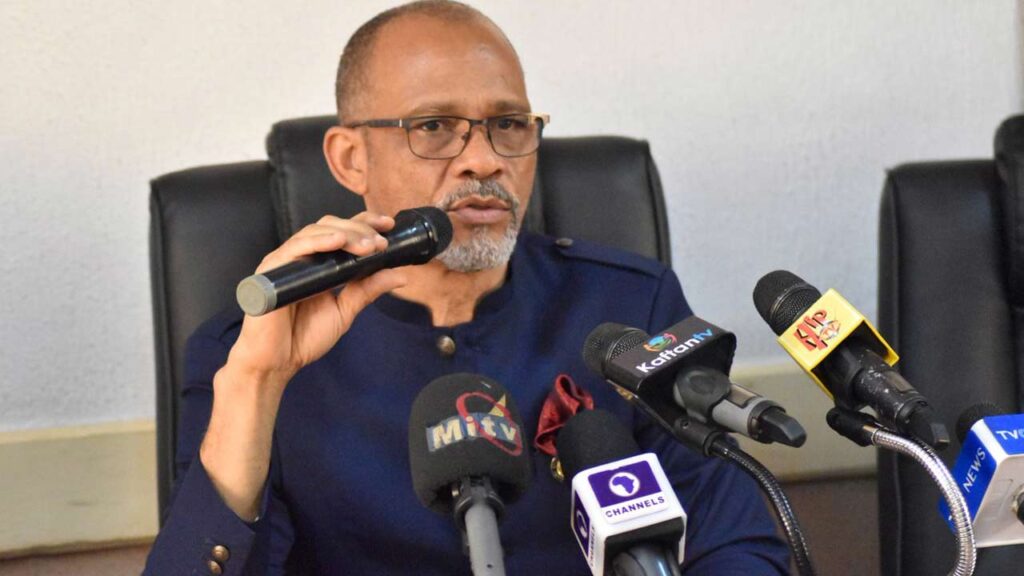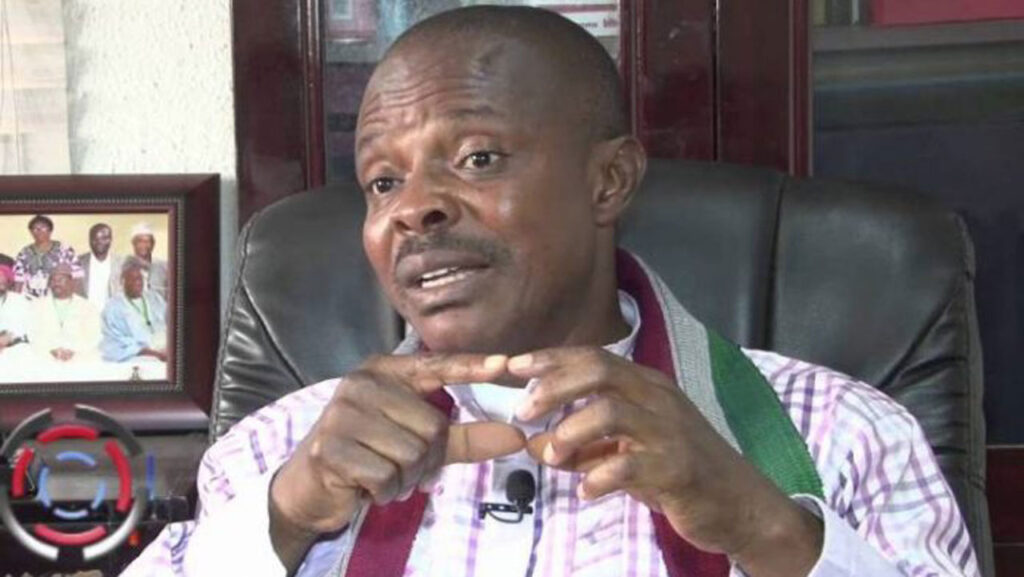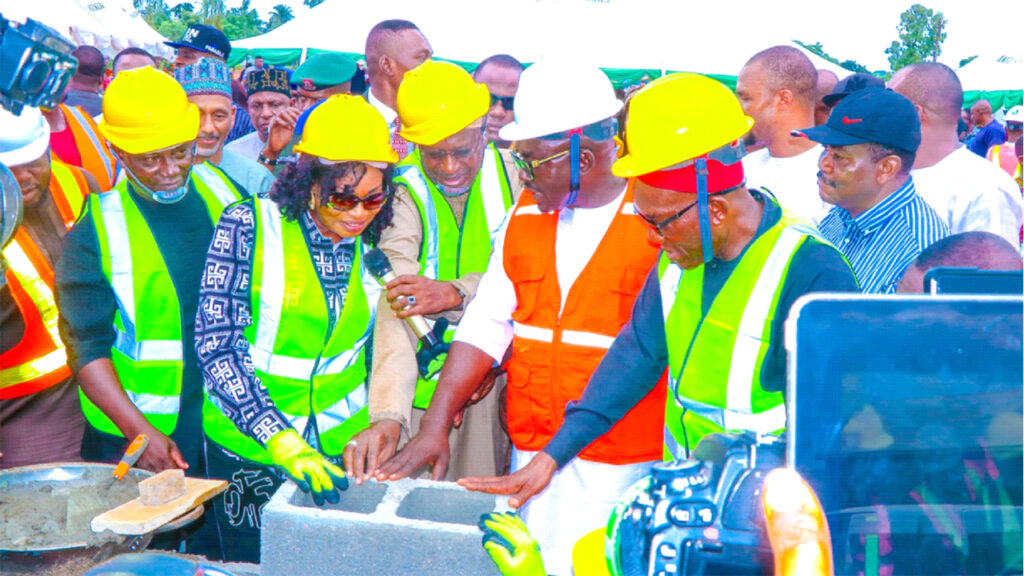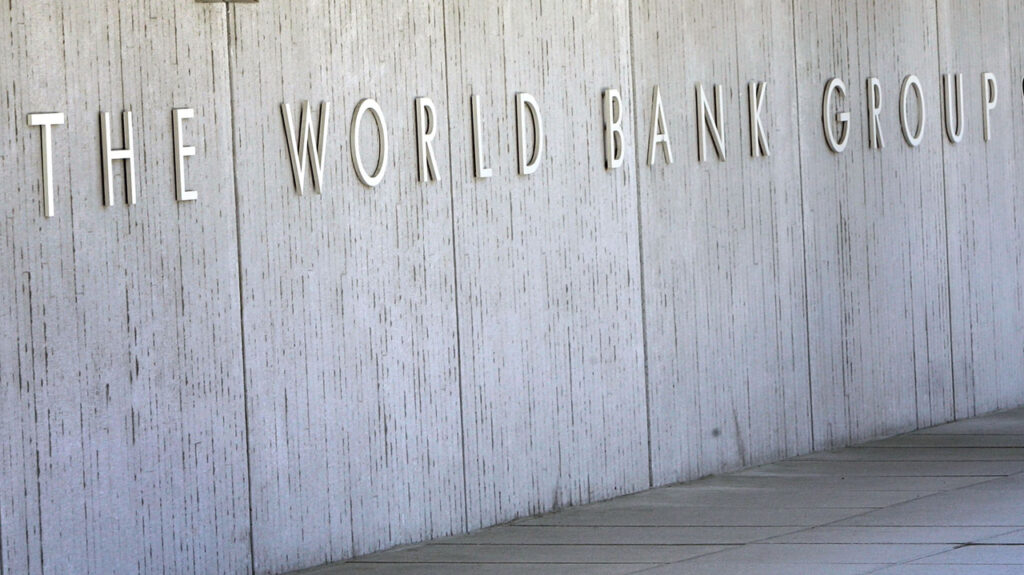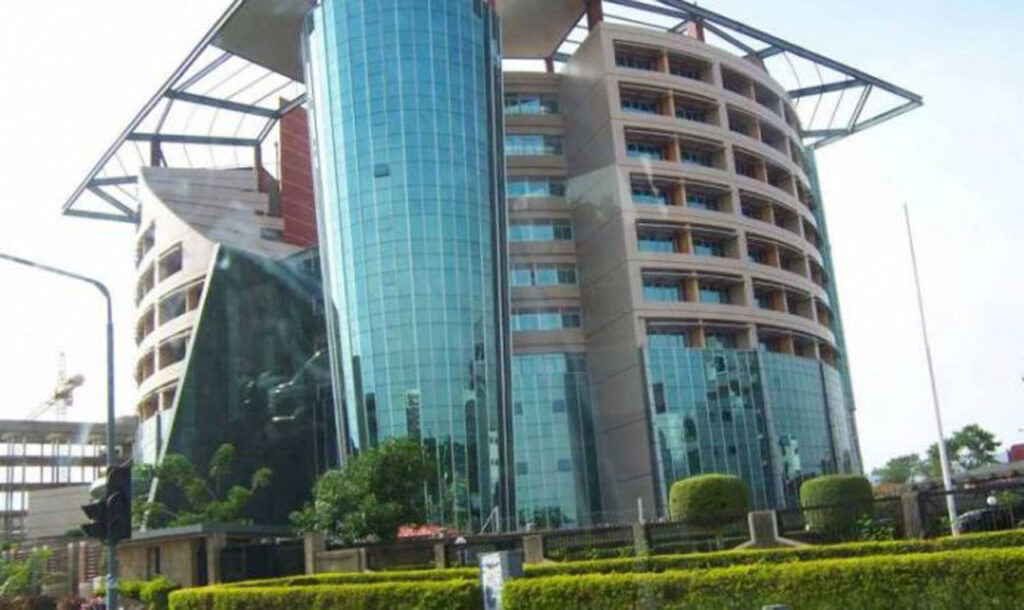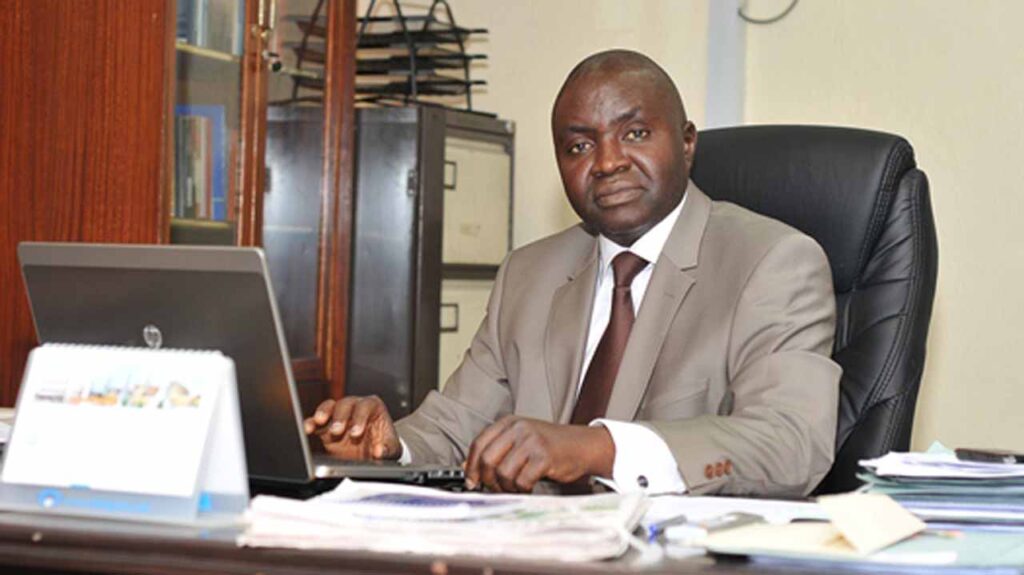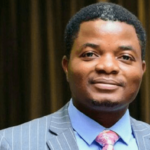The Etsu Nupe and Chairman, Niger State Council of Traditional Rulers, Alhaji Yahaya Abubakar, has called on the National Assembly to rethink its review of the constitution along the debates of restructuring, devotion of powers and the complex interplay between traditional institutions and the federal political system in Nigeria.
He added that it is imperative that the reluctance to accord the traditional institutions the authority to serve in matters affecting religion, culture, security and conflict resolution should be reconsidered.
Abubakar stated this in Lagos while delivering the Nigerian Institute of International Affairs (NIIA) first distinguished lecture series for 2024.
He maintained that amid growing insecurity, ethnic tensions and a perceived declining national cohesion in Africa’s most populous nation, the advocacy of a formalised constitutional advisory role is seeking to leverage centuries-old indigenous governance structures to tackle modern challenges.
“The system of local leadership was entrenched long before colonialism. Modernism brought about the eroding of this cherished system and modern governments are reluctant to reintegrate it into modern governance.
“Therefore, it is imperative that the reluctance to accord the traditional institutions the authority to serve in matters affecting religion, culture, security and conflict resolution may need to be reconsidered.
“Also, the tacit advisory roles that the traditional rulers and religious leaders play today would need to be formalised. They are already serving as consultants on a variety of issues including security and conflict resolution.”
Abubakar, Chairman of the coordinating committee of National Council of Traditional Rulers of Nigeria, insisted that traditional institutions have better potential for resolving conflicts than conventional agencies considering their closeness to the people and the fact that they are highly revered in the society.
“Also, traditional rulers understand the basic problems confronting their people and their society culturally, religiously and emotionally. Therefore, they are better placed to approach issues with a view to resolving them amicably.
“Hence, their expertise as peacemakers and socio-cultural bridge builders should be maximally exploited so as to bring greater value and understanding among the different people of Nigeria, thereby building a stronger and more viable nation.”
“Let me once again summarise with emphasis on the fact that the traditional institution is critical for the overall development of our dear country, Nigeria for the deep-rooted attachment to local communities and ability to influence public acceptance of initiatives. This is in addition to their established roles as custodians of cultural values like empathy, respect for elders and prioritising communal interests and values vital for the re-establishing peaceful societies.
“Most significantly, their permanent residency and intimate familiarity with local environments, making them ideal for effective community surveillance and security management as well as local expertise in conflict resolution, being closer to grassroots issues than government agencies.”

